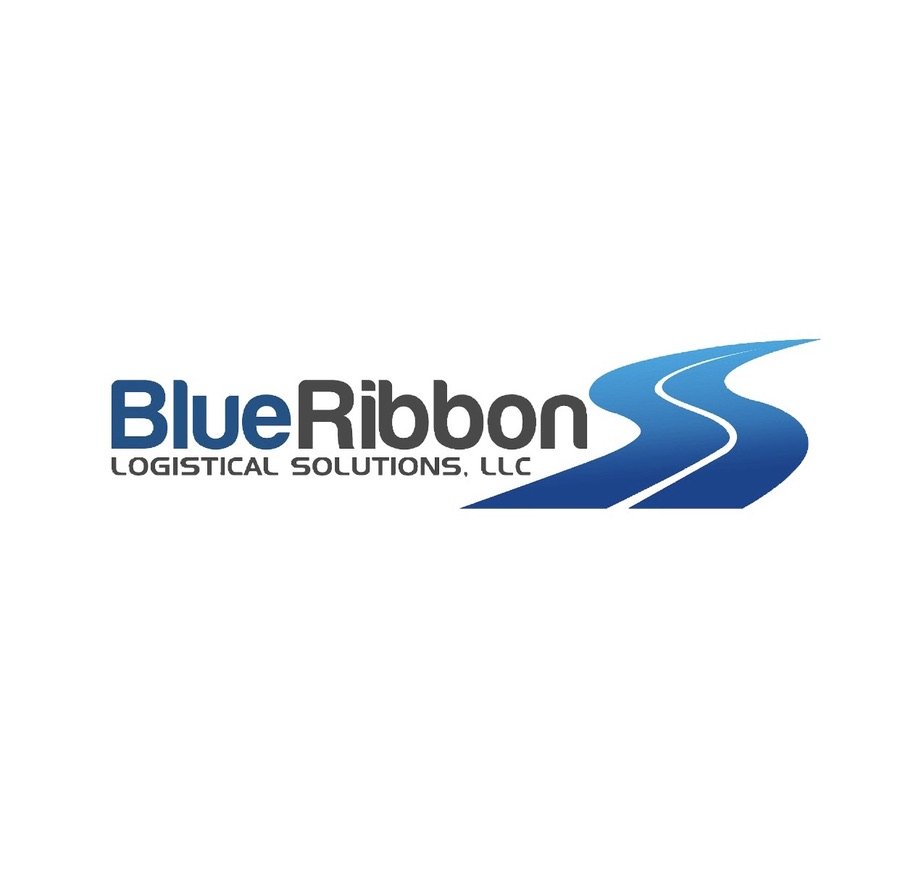Monkey Freight
NOVEMBER 21, 2013
"SAY NO TO CHEAP FREIGHT!!!!"
You may have seen one of these signs on the back of a truck sometime while you were driving down the road. I've seen them plenty of times, and I used to agree with them. "Used" to. I don't anymore. I don't call it cheap freight anymore. I call it "Monkey Freight" or "C&H" (Cheap and Heavy, also a play on the CH in CH Robinson).
I don't haul cheap freight...much. I know what my bottom line is - the lowest amount of money I can accept to cover my expenses and the amount of profit I want. I can tell you nearly to the penny how low is too low. To cover the average 100,000 miles I will drive in a given year, I will need about $107,000 just to cover my truck payment, insurance, fuel, maintenance, FEDHUT (Federal Heavy Use Tax), and basic insurance. I need to make at least $60,000 as the driver, and another $20,000 or so to cover taxes, healthcare, and any other ancillary costs. Now we are at $187,000 to be "even." So, given that 100,000 mile example, I need at the very minimum $1.87 per mile or I go broke.
Last week, I took a load from Mississippi to Arizona that paid $2.01 per mile. Great, right? Yes, and no. I had to deadhead 292 miles to get it. Now we are down to $1.69 per mile. The load paid me $3,100 dollars and took me three days to complete. After fuel and insurance, I cleared $2,000. Not bad for three days work, right? No. It isn't. I delivered that load on a Monday which left me 4 more days in the week to earn. We are still good. Based on that load and four more days in the week, I should make another $2,000. Nope. I forgot about an event at home, so I had to spend $700 on airfare to get home and then back to my truck. I was off for 6 days. Even with the airfare, I still cleared $1,300 for the week. Surely I can live on that.
When I got off the airplane the following Sunday night, I rushed back to my truck so I would be ready for a load on Monday. None came. There was talk of an offer, but the brokers in the area were paying $0.85 per mile gross (I get 67% of that) plus fuel (right now around $0.45 per mile). That means a load from Phoenix, AZ to Berea, KY would have paid $1.764.00 for 1800 miles. I would have spent nearly $1,000 in fuel and it would've taken at least 4 days to complete. Week = gone. Now, If you take out the unintended break and figure that I delivered a $3,100 load on Monday and picked up a $1,764.00 load on Tuesday going back into my freight lane, I would have grossed over $4,800.00 for the week, clearing about $2,600. That is how you make a living in trucking. You tie a turd to a good load and split the difference. I ended up getting a load that paid $1.29 per mile for 1,000 miles. It isn't great, but it gets me out of the dead area. So what about monkey freight?
The reason I call it "Monkey Freight" is because a monkey could haul it. It is usually nothing more than palletized freight. You back in the dock, they load it, then you drive it to a place where you back it in the dock again and they unload it. It is the most simplistic freight in the market. You don't have to touch or care for it. Just don't crash it. That's it. So easy that a monkey could do it.
There are companies that specialize in hiring monkeys. They have lots of trucks and lots of monkeys. Now before you get riled up, I was once a monkey myself. We all start out as monkeys. Those of us that choose to learn more and find a niche in the business are able to shed our monkey skin and haul things that need to be cared for - Flatbed/Specialized, Automobiles, Oversize, HAZMAT, tankers, Household Goods, and Blanket Wrap (this is my specialty.)
Blanket Wrap is much like Household Goods. These are products like furniture and fixtures that have to be wrapped in blankets to protect them from damage. Once it is wrapped, it has to then be unwrapped. I have to assist with many of the unloads. I sometimes have as many as 200 blankets to be folded and put away neatly for the next load. We also call these "Customer Loads." These are loads that we broker ourselves as a carrier. We don't generally farm them out to other carriers unless they are also doing Blanket Wrap. Sometimes you just have to do it because you don't have one of your own trucks available and the customer's freight has to be moved. Monkeys cannot haul this freight even though we end up with monkeys that slip through the recruiting process and then we have to deal with them.
We NEED monkeys.
Probably 90% of the freight moving up and down the highway is monkey freight by nature. It goes to retail where you, the buying public, go to get your goods. It comes out of a factory or into a port and then heads into the massive American distribution network to be sent to your local merchant. Hauling your toilet paper and Coca-cola is not rocket science. Don't lose it, don't damage it, and don't crash it. You, the American consumer, like to buy things at the cheapest possible price. You will clip coupons and work sales papers to get the very best deal. In order to please you, and to compete in the marketplace. the shippers cannot afford to spend all their money on shipping. They need it hauled, and they need it hauled as cheaply as humanly possible.
Fortunately, there are a number of very large companies that have monkey trucks with monkey drivers to carry monkey freight. Some of them have more than 10,000 trucks. TEN. THOUSAND. If you own 10,000 trucks and 40,000 trailers you can afford to haul freight much cheaper than someone with a single truck. You can get contracts with Kimberly Clark and General Mills. They can keep you supplied with freight and you can keep them supplied with trucks to move their massive inventories. You can get a lot of toilet paper in a 53 foot by 102" wide trailer.
I'm not angry with the monkey carriers. Someone needs to haul that freight. I can't. I simply don't have the capacity to service the needs of a multi-billion dollar corporation moving millions of tons of freight every year. As a consumer, I want to be able to go to Walmart or Target and get my 10 pack of toilet paper at a reasonable cost. If those companies paid me enough to cover my expenses, the cost of the toilet paper would double or even triple. That's a load of crap. (Haha, see what I did there? Toilet paper? Crap?) Let's move on.
There are loud and angry (and clueless) voices in the trucking industry that think the government should come in and regulate these large carriers and companies to raise their rates. "They should pay enough!" The only problem with that statement is how much is "enough?" If they pay enough to cover the expenses of the carrier that signed the contract, then they are paying 'enough." It isn't enough for me, so I don't do it. Problem solved.
SO WHY DO WE NEED THESE HUGE CARRIERS?
Imagine if your a paper manufacturer. You bring in wood and you ship out paper. Your paper needs a way to get to your customers around the World. The first option is a truck. So you buy some trucks and trailers to haul your product to the market. Now you need drivers. With drivers comes taxes, insurance, and wages. Trucks and trailers have to be maintained and they eat tires and diesel fuel. Now you have all you need to get your product to the market. You load up a truck and it goes 1,000 miles to a distribution point. Now it has to come 1,000 miles home. You can find products you need in your plant and use your trucks to bring them back. This is called a "backhaul." Sometimes there is no backhaul, so your truck comes back to the plant for free. You just burned 1,000 miles worth of fuel for nothing. Enter the carrier.
The carrier also has trucks and drivers, and has all the same expenses you do. The difference with the carrier is that it is not exclusive to you and your product. It can come and get your paper, take it to a distribution point, and then move on to something or someone else. Your product has been hauled and you've already got another truck that looks just like that one that just left backed into your dock loading up another load and heading out to a different distribution point. You haven't paid for fuel, or maintenance, or payroll taxes, or health insurance. You paid them to come in at a fraction of the cost and now they bear those expenses. Your costs are now lower and you can lower your prices to better compete in the marketplace.
The "job" of driver still exists, but it's not your responsibility any longer. The exact same principle applies for the carrier when it leases on an owner/operator with their own truck. They don't pay for his fuel or his maintenance. There are no payroll taxes. There is no expense for benefits. You pay him and he pays himself.
I am an owner/operator. I own this truck and all of its expenses are on me. I pay the fuel and the maintenance, and I pay the taxes. I'm still able to make at least double what I did as a company driver. I'm able to do that because I went and found a niche to get into that pays well above what the monkey freight does. I have more responsibility than does a company driver, but I also have the freedom to go when and where I choose.
I'm not upset with the monkey carriers or the monkey drivers. Our market has a demand for them, but I can't make a living on what they're hauling and I see it foolish to try. I'm making a wonderful living, better than I've ever made in my life. You can have it to, you just have to work for it. Crying to the government or OOIDA isn't going to help you. Get out there and find your niche and make your way. Freedom and liberty isn't easy, but it's worth every ounce of effort you put into it.

